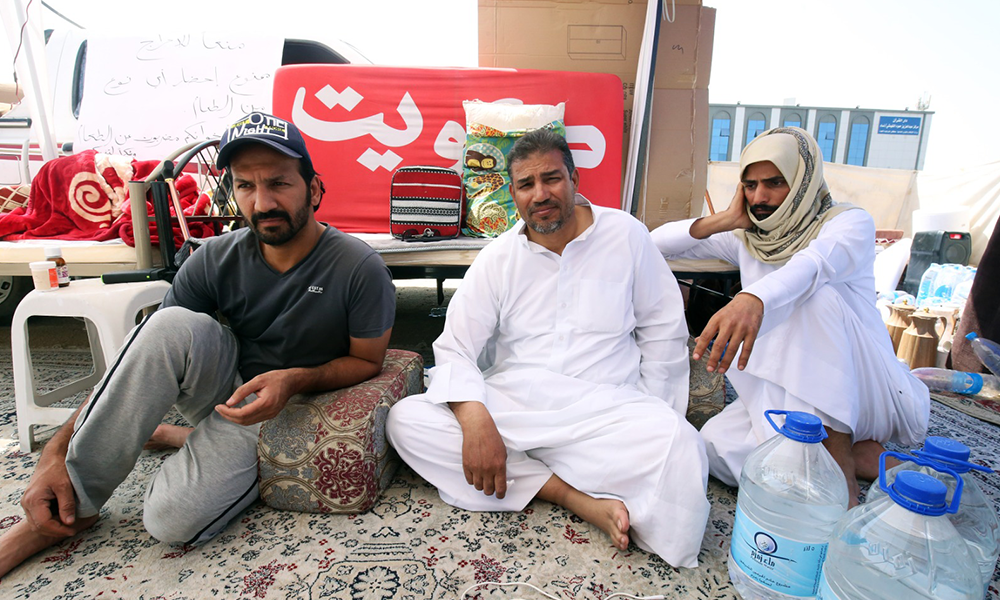1.1. The legislative framework In Saudi Arabia, online expression is heavily restricted by a combination of laws, regulations, and enforcement practices that aim to control the flow of information and suppress dissent. The government employs various mechanisms to monitor and censor online content, targeting individuals and platforms that challenge its authority or promote views deemed[…]
Summary The United Arab Emirates is the country with the highest proportion of international migrants in the world. Labour migration in the kingdom is governed by a restrictive and abusive system, named kafala, that causes numerous and well-documented abuses. This briefing paper contextualizes the kafala system in the Gulf Cooperation Council (GCC) countries and the[…]
Bedoon, meaning “without nationality” in Arabic, is a stateless Arab minority in Kuwait who were not granted citizenship at the time of the country’s independence or shortly thereafter. The government currently labels Bedoon as “illegal residents,” despite many having no tangible connections to any country other than Kuwait, and notwithstanding decades of social discourse depicting[…]







